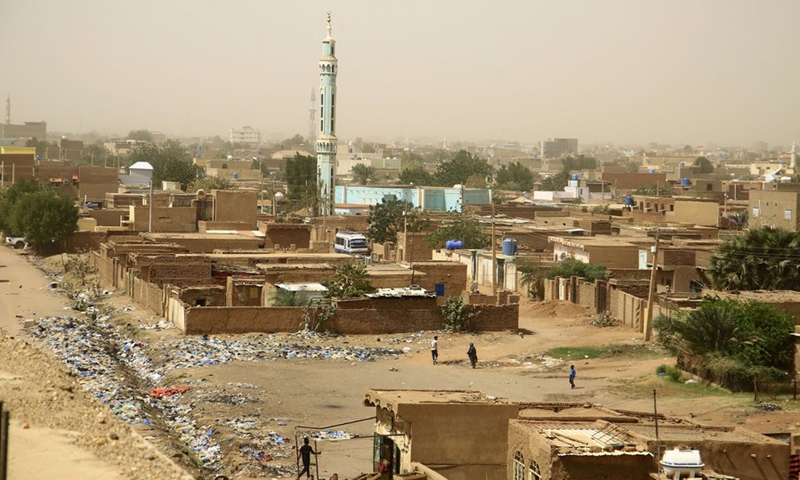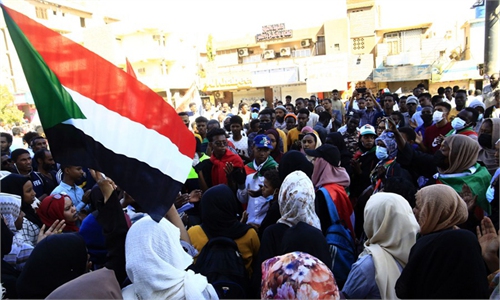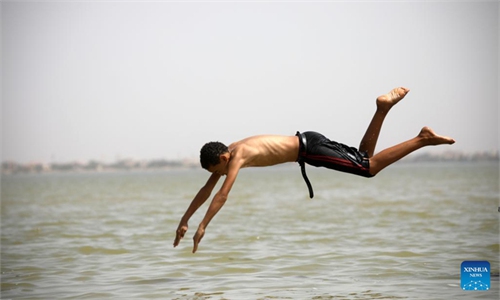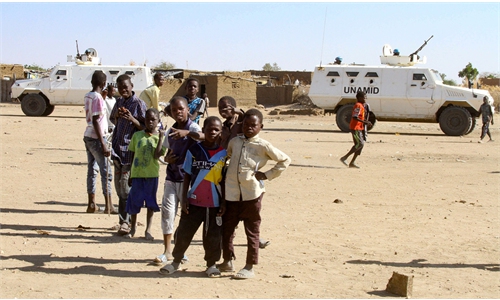
Photo taken on Feb. 4, 2022 shows a dust storm hitting the Sudanese capital Khartoum, causing reduced visibility, with the Sudanese Meteorological Authority warning drivers to exercise caution.(Photo: Xinhua)
Sudanese entrepreneur Mohamed Samir watches proudly as workers assemble garishly colored rickshaws, unique in the North African nation because they run on electricity in a bid to tackle soaring costs.
In Sudan, three-wheeler vehicles, tuk-tuk rickshaws for passengers, and motorbike tricycles with a trailer attached for carrying goods - have long been a popular and affordable transport. Tens of thousands ply the streets of the capital Khartoum alone.
But with Sudan gripped by a dire economic crisis made worse by political unrest following a military coup in October 2021, the cost of running petrol-oil engines has soared.
"People who use the fuel-run rickshaws are in pain, and they know the value of what we are offering," 44-year-old engineer Samir said at the factory in North Khartoum.
There is a critical environmental impact too.
Smoky petrol-powered vehicles, aside from fueling climate change, cause "significant noise and air pollution," the United Nations Environment Programme warned in a report from 2020.
"Emissions from the three-wheelers reduce visibility, cause damage to vegetation and lead to respiratory illnesses in people," it added.
Fuel costs have more than doubled since the coup. On top of that, repeated fuel shortages have left drivers queueing up for hours outside filling stations to top up their tanks. Drivers complain of earning less than they spend.
That was the key reason fruit seller Bakry Mohamed sold his old petrol-powered tuk-tuk and bought an electric tricycle 2021.
"It used to cost more than it brought in," said Mohamed, who uses his vehicle to carry a stall of fruits through the streets.
AFP



